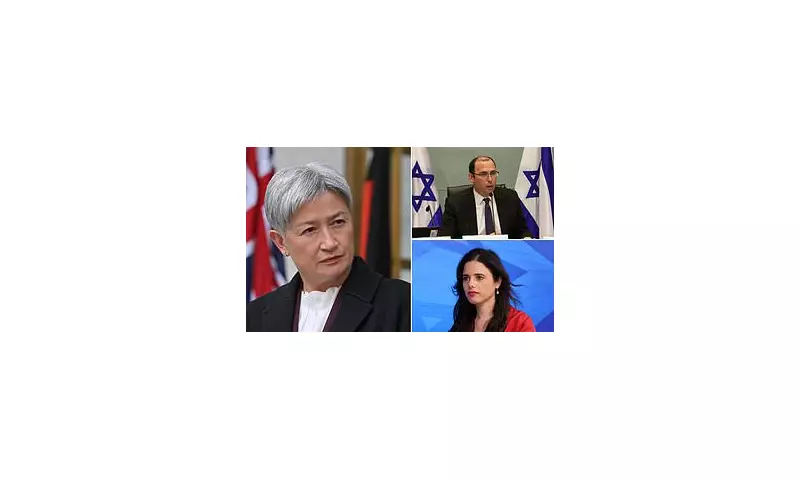
Australian Foreign Minister Penny Wong has found herself at the centre of a diplomatic storm after a furious clash with Israel over Canberra's decision to impose a visa ban on an Israeli politician. The move has prompted a swift and sharp retaliation from Jerusalem, further straining relations between the two countries.
Diplomatic Tensions Escalate
The row erupted after Australia barred entry to an unnamed Israeli politician, citing undisclosed reasons. Israel responded by threatening reciprocal measures, accusing Australia of unfairly targeting its officials.
"This is an unacceptable provocation," an Israeli government source was quoted as saying. "We will not stand by while our representatives are treated with such disrespect."
Wong's Stern Response
Ms Wong, known for her no-nonsense approach to foreign policy, fired back with equal vigour. "Australia reserves the right to decide who enters our country," she declared. "Our decisions are based on careful consideration of national interests and international obligations."
The Foreign Minister refused to elaborate on the specific reasons for the ban, but diplomatic observers suggest it may be linked to recent controversial statements made by the Israeli politician regarding Palestinian territories.
Potential Fallout
The escalating tension threatens to undermine cooperation between the two nations in areas such as:
- Trade and investment
- Security collaboration
- Scientific research partnerships
- Cultural exchanges
Analysts warn that if not resolved quickly, the dispute could have lasting consequences for bilateral relations. "This goes beyond just one visa decision," noted Middle East expert Dr Sarah Henderson. "It reflects growing differences in how Western nations are approaching the Israel-Palestine issue."
International Reactions
The diplomatic spat has drawn attention from other nations, with some expressing concern about the potential for further escalation. The United States is reportedly monitoring the situation closely, though officials have declined to comment publicly.
Meanwhile, human rights groups have welcomed Australia's stance, viewing it as a principled position on Middle East politics. "This sends an important message about accountability," said Amnesty International's regional director.
As the situation develops, all eyes remain on whether either side will back down or if the diplomatic rift will widen further.





